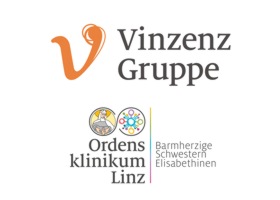DAA-based antiviral treatment of patients with chronic hepatitis C in the pre- and postkidney transplantation setting.Tools Beinhardt, Sandra und Al Zoairy, Ramona und Ferenci, Peter und Kozbial, Karin und Freissmuth, Clarissa und Stern, Rafael und Stättermayer, Albert Friedrich und Stauber, Rudolf und Strasser, Michael und Zoller, Heinz und Watschinger, Bruno und Schmidt, Alice und Trauner, Michael und Hofer, Harald und Maieron, Andreas (2016) DAA-based antiviral treatment of patients with chronic hepatitis C in the pre- and postkidney transplantation setting. Transplant international : official journal of the European Society for Organ Transplantation, 29 (9). pp. 999-1007. ISSN 1432-2277 Für diesen Eintrag wurde kein Volltext-Dokument angefügt.
|
||||||||||||||||
|
|
|
|


 Tools
Tools Tools
Tools